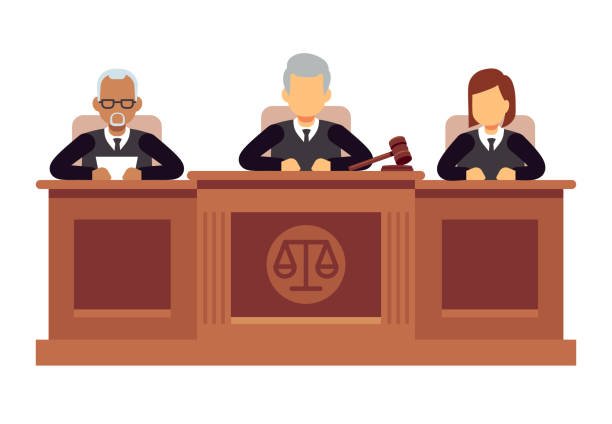Why it is Important for Online Activists to Consider the Limitations on Freedom of Expression when Posting about Unsafe Environments?
Online activists need to consider the limitations on freedom of expression because legal consequences can vary significantly by location. Some countries have strict laws regarding what can be said about government operations, and breaking these laws can result in fines, imprisonment, or worse. For instance, speaking out against government actions in countries with limited press freedom can be dangerous.
Moreover, there are privacy concerns to consider. Sharing information about unsafe environments might inadvertently expose personal details about others who might not want their situations publicized.
Lastly, without careful consideration, activists might spread misinformation. This can reduce the credibility of important movements and lead to public confusion and backlash.
Understanding these boundaries is crucial to effectively and safely advocate for change.
In the context of South Africa (SA), the limitations on freedom of expression are particularly pertinent for online activists discussing unsafe environments. South Africa’s constitution is known for enshrining very broad protections for freedom of speech, which are among the most liberal in the world. However, there are important exceptions that activists need to be aware of:
- Hate Speech: The South African Constitution does not protect expressions of hate speech that are based on race, ethnicity, gender or religion. This is codified in the Promotion of Equality and Prevention of Unfair Discrimination Act (PEPUDA). Online activists must ensure their communications do not inadvertently or overtly cross into areas that could be construed as hate speech.
- Incitement to Violence: Any speech that incites harm or advocates for hatred that is based on violence is not protected. This is crucial when discussing unsafe environments, as rhetoric can sometimes become charged and lead to suggestions of taking violent action.
- Defamation Laws: South Africa has robust defamation laws to protect individuals against false statements that could harm their reputations. Activists must be careful about making unverified claims about individuals or organizations, as these could lead to legal battles and substantial damages.
- National Security: The Protection of State Information Act, sometimes referred to as the “Secrecy Bill,” although controversial and criticized, places limits on the dissemination of information that is deemed to be critical to state security. Activists discussing matters related to state security or sensitive areas must navigate these laws carefully to avoid legal repercussions.
Online activists in South Africa thus operate within a framework that strongly supports free speech but also sets clear boundaries regarding hate speech, incitement to violence, defamation, and national security. Navigating this landscape requires a careful balance between advocacy and legal compliance to ensure that efforts to spotlight and amend unsafe environments do not result in unintended negative consequences.
No related posts found.
Disclaimer
The content presented on this website was originally created by the team at Legal Advice. All information related to legal firms and legal matters is based on "User Submitted Data", and or publicly accessible data available from more than one online sources. Should you have any concerns or disputes about the information provided, please feel free to reach out to us at hello@legaladvice.org.za.

